cGabapentin has emerged as a promising treatment for anxiety and depression in recent years. Originally used to treat epilepsy, researchers discovered that its effect on neurotransmitters can also be utilized to treat mental health disorders.
Gabapentin’s significance in anxiety and depression management provides new hope to those suffering from these common conditions. Its efficacy has piqued the interest of medical professionals and people alike, looking for alternatives to established treatments when they fail.
Understanding the science underpinning gabapentin’s influence on anxiety and depression is critical to recognizing the drug’s expanding importance in mental health care.
Individuals can make informed decisions about this treatment option and consider it a complementary strategy alongside other therapies by researching its benefits and potential adverse effects.
With anxiety and depression affecting millions worldwide, gabapentin’s potential represents a promising development in the pursuit of better mental well-being.
What is Gabapentin and How Does it Work?

Gabapentin, also known as Neurontin, is a medication mainly prescribed for epilepsy. It affects the brain’s neurotransmitters, like gamma-aminobutyric acid (GABA), which affect mood and cognition.
Though its exact working mechanism is not fully understood, gabapentin seems to reduce brain activity, providing relief from anxiety and depression symptoms.
- Gabapentin for Anxiety and Stress Disorders: Studies indicate that gabapentin can help manage anxiety in people with bipolar disorder, social anxiety disorder, generalized anxiety disorder, and post-traumatic stress disorder.
While it’s not a cure for anxiety, it can make it easier for individuals to handle daily stress and anxiety triggers. - Gabapentin for Depression and Bipolar Disorder: Gabapentin isn’t just for epilepsy; it can also be used “off-label” for depression and bipolar disorder when regular antidepressants aren’t effective or cause too many side effects.
This versatile medication can help ease anxiety symptoms associated with these mental health conditions. If you’re struggling with depression or bipolar disorder and haven’t found relief with other treatments, discussing gabapentin with your healthcare provider could be a step toward finding a solution that works for you.
As with any medication, it’s essential to have a thorough conversation with your doctor to determine the best approach for your specific needs. - Gabapentin for Neuropathic Pain: Gabapentin isn’t just limited to mental health; it’s also used to treat neuropathic pain, which can be challenging to manage with conventional methods.
If you’re experiencing nerve pain that doesn’t improve with usual treatments, gabapentin could be an option worth discussing with your doctor. It alters nerve signals in the brain, helping reduce pain sensations.
Always consult a healthcare professional to see if gabapentin is right for your specific condition and to determine the appropriate dosage for you. - Gabapentin for Opioid Withdrawal: Gabapentin helps ease the symptoms of opioid withdrawal for people who have reduced or stopped their opioid use.
It can lessen the discomfort and challenges that come with withdrawal, making it a valuable tool in supporting individuals on their path to recovery.
If you or someone you know is going through opioid withdrawal, gabapentin might be worth considering as part of a comprehensive treatment plan in consultation with a healthcare professional.
Gabapentin for Postherpetic Neuralgia (PHN)
Gabapentin has shown promise in easing the pain caused by shingles in postherpetic neuralgia patients. It can offer much-needed relief from the persistent discomfort associated with this condition.
For those suffering from PHN, gabapentin could be a potential treatment option worth exploring with their healthcare provider.
Effectiveness and Side Effects of Gabapentin

Gabapentin’s effectiveness in managing anxiety and depression varies, as it is mainly prescribed for those with bipolar disorder. Although it shows promise, it’s essential to combine medication with therapy to address the root causes of anxiety and depression.
Like any medication, gabapentin may have side effects, including headache, dizziness, nausea, fatigue, and weight gain. It’s also essential to be cautious about dependency, so proper medical supervision is crucial.
Gabapentin’s Impact on the Brain and Other Organs /strong>
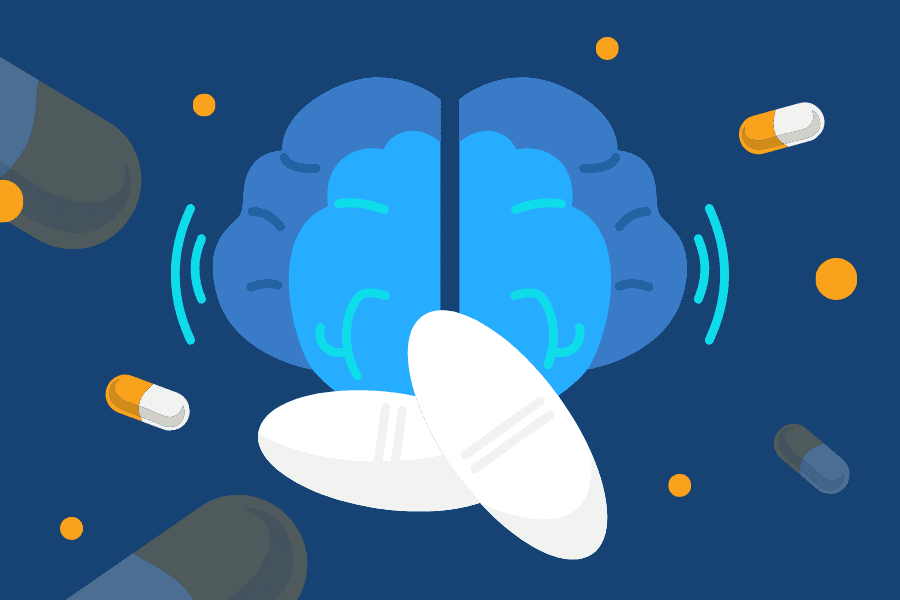
Gabapentin doesn’t significantly affect GABA levels in the brain, but it can affect an individual’s thinking and judgment, especially in high doses over extended periods.
It’s processed through the kidneys, so individuals with impaired kidney function should use it carefully. In some cases, gabapentin may affect the liver and increase the risk of neuropsychiatric symptoms.
Dosage Recommendations and When to Stop Gabapentin
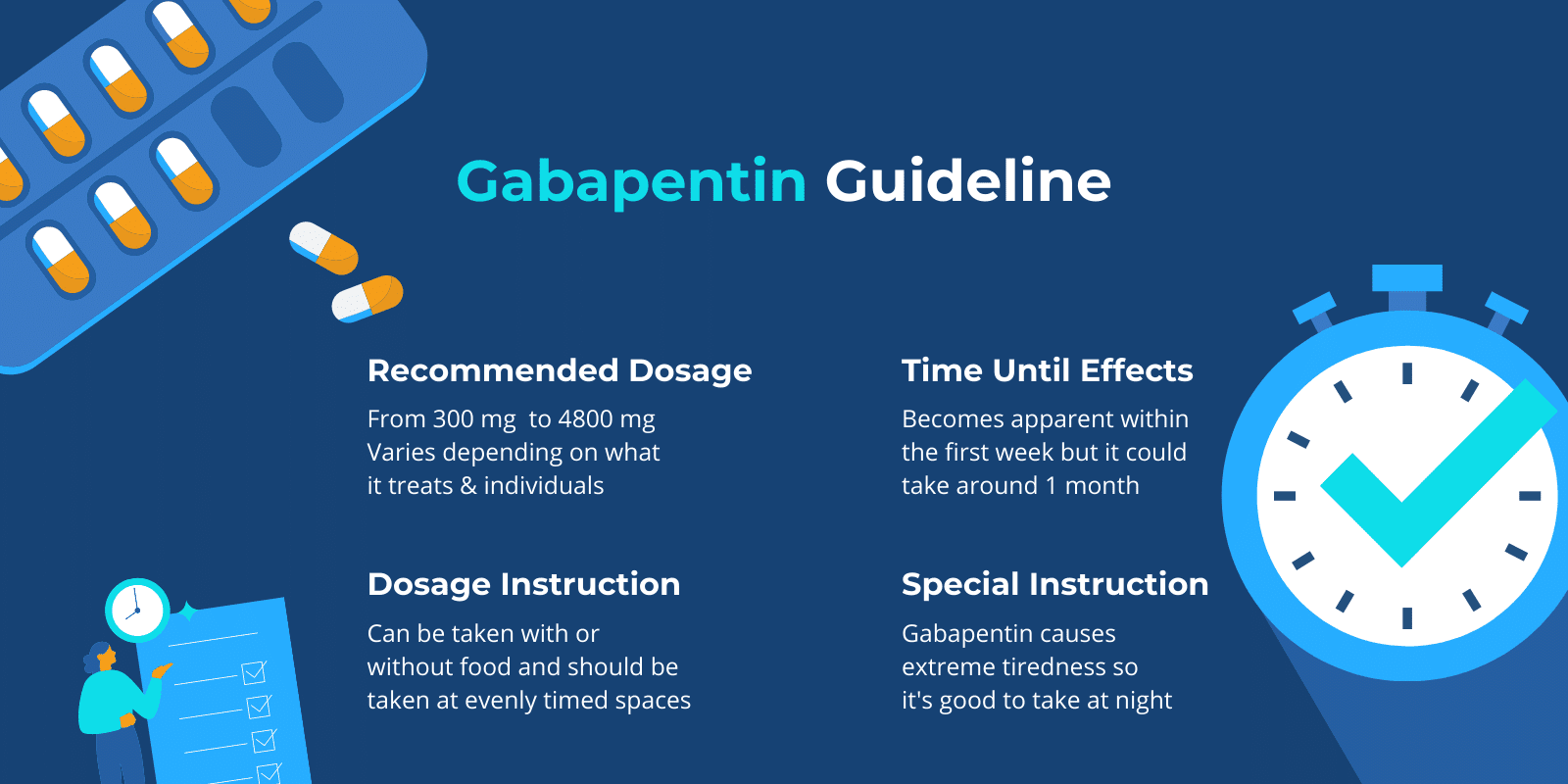
Gabapentin dosage recommendations are individualized based on each patient’s condition, age, and overall health. It’s vital to follow the prescribed dosage and not use it for extended periods due to its habit-forming potential.
If discontinuing the medication, it should be done under a doctor’s supervision to manage withdrawal symptoms effectively.
Physicians’ Perspective on Gabapentin
Most individuals tolerate gabapentin well at low doses and for short durations. However, side effects may affect an individual’s quality of life, requiring adjustments to the treatment plan.
Consult a physician for guidance on managing side effects and maintaining adherence to the prescribed dosage and administration schedule.
Clinical Studies on Gabapentin for Anxiety and Depression
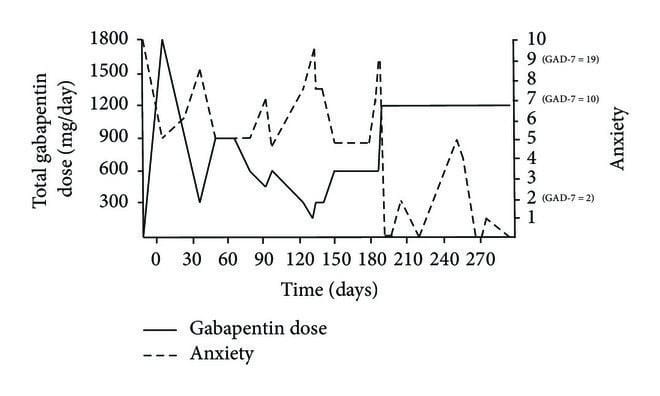
Several studies have explored the use of gabapentin for anxiety and depression, offering valuable insights into its effectiveness and potential benefits.
- Gabapentin as a Potential Treatment for Anxiety Disorders:This study is based on four patients with primary anxiety disorders refractory to standard anxiolytic interventions.
They experienced significant clinical improvement with gabapentin therapy. One patient with generalized anxiety disorder and 18 patients with primary psychotic disorders also saw reductions in anxiety symptoms. - Gabapentin (Neurontin): How it’s Used for Depression and Anxiety: This article discusses how gabapentin, while not originally prescribed for anxiety, has shown promising results in reducing anxiety symptoms for those with bipolar disorder. It highlights the importance of combining medication with therapy for anxiety management.
- Gabapentin – What It Is, How Does It Work, and Its Effects: This blog provides an in-depth overview of gabapentin’s impact on the brain and body, as well as its effectiveness in managing anxiety, depression, and neuropathic pain.
It emphasizes the importance of medical supervision when using gabapentin to avoid potential side effects and withdrawal symptoms.
The Promise of Gabapentin in Anxiety and Depression Research
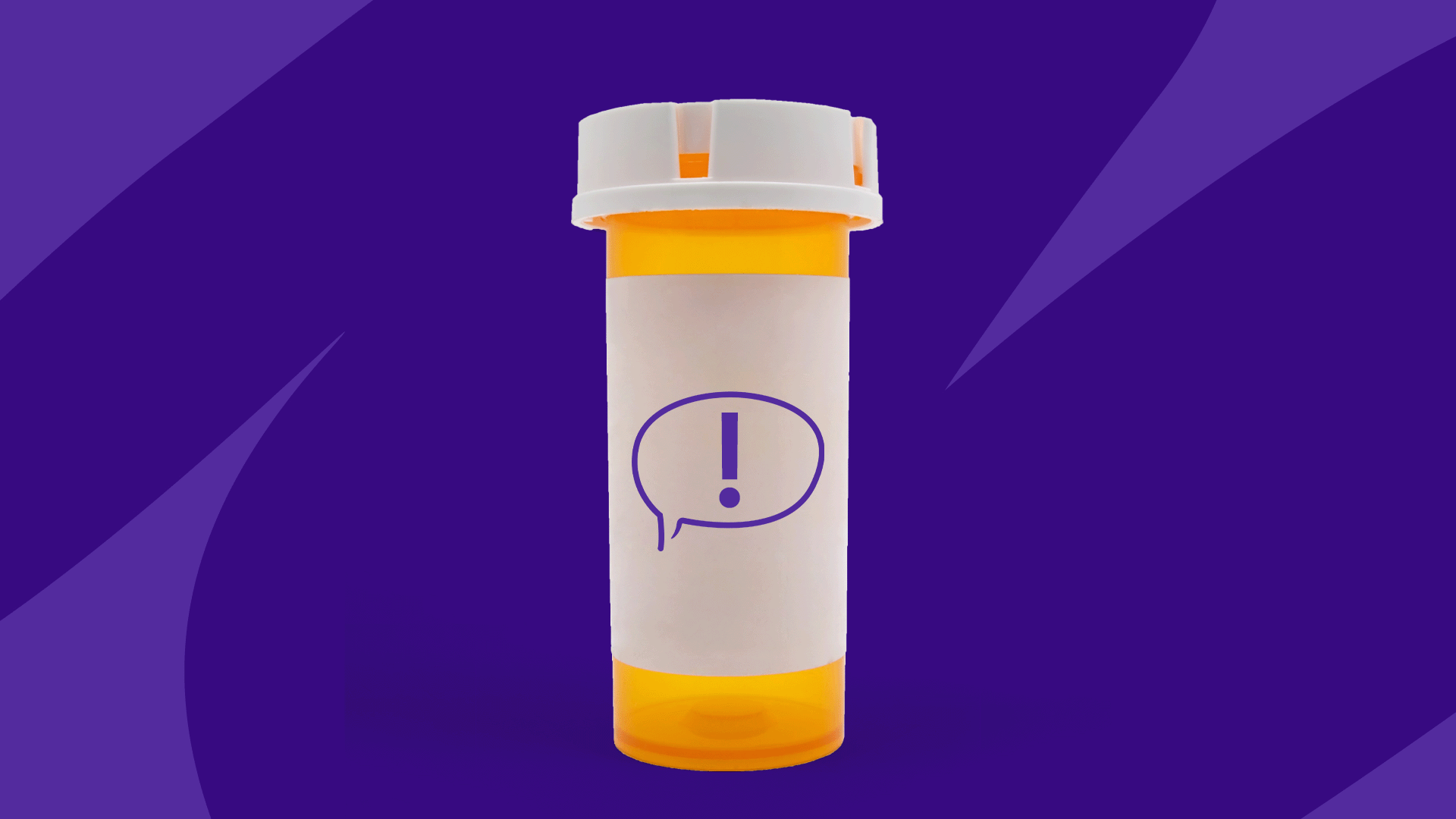
Gabapentin’s potential in anxiety and depression management has spurred ongoing research to understand its efficacy and identify optimal dosing regimens.
Clinical trials continue to explore gabapentin’s role as a monotherapy or adjunctive treatment for various anxiety disorders and treatment-resistant depression.
These studies shed light on the subpopulations that may benefit the most from gabapentin therapy and the most appropriate dosing strategies.
Researchers are also investigating the long-term effects of gabapentin in anxiety and depression management. Longitudinal studies are essential to assess the sustainability of treatment effects, potential tolerance development, and whether gabapentin’s anxiolytic and antidepressant properties remain consistent over time.
Furthermore, scientists are studying gabapentin’s impact on specific brain regions and neurotransmitter systems to gain a deeper understanding of its mechanisms in treating anxiety and depression.
By elucidating the neural pathways involved, researchers hope to design more targeted and effective treatments for mental health disorders.
Gabapentin and Co-Occurring Mental Health Conditions
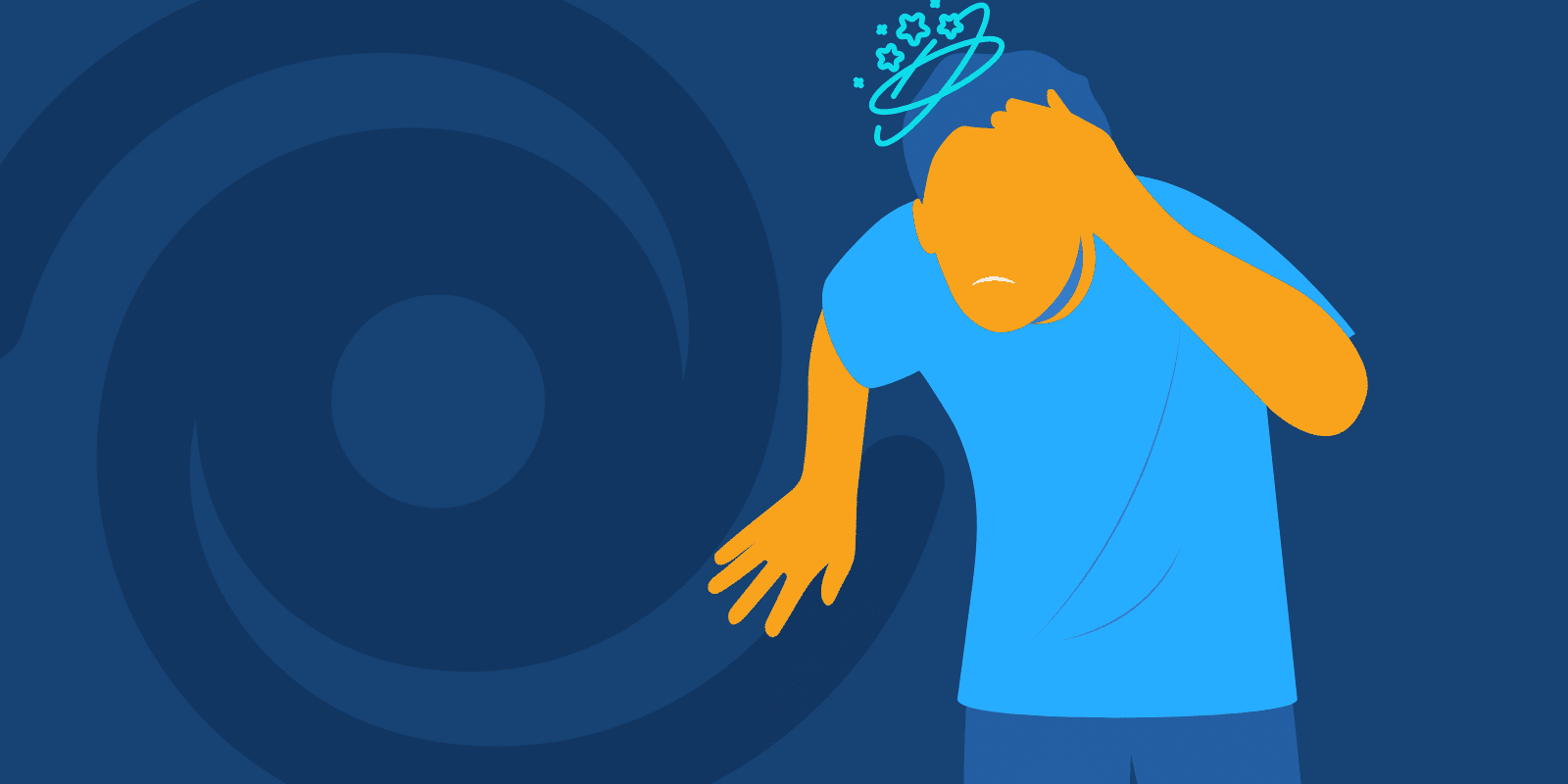
In some cases, individuals may experience anxiety or depression alongside other mental health conditions, such as bipolar disorder or attention deficit hyperactivity disorder (ADHD).
Gabapentin has been studied as a potential treatment option for managing anxiety symptoms in patients with bipolar disorder, particularly during depressive episodes.
Its use as an adjunctive treatment has shown promise in reducing anxiety levels in these individuals, providing them with additional relief during challenging periods.
Additionally, for those with ADHD and co-occurring anxiety or depression, gabapentin may offer a multifaceted approach to symptom management. By addressing anxiety and depressive symptoms while also managing ADHD, patients can experience an overall improvement in their mental well-being.
Importance of Psychotherapy in Combination with Gabapentin
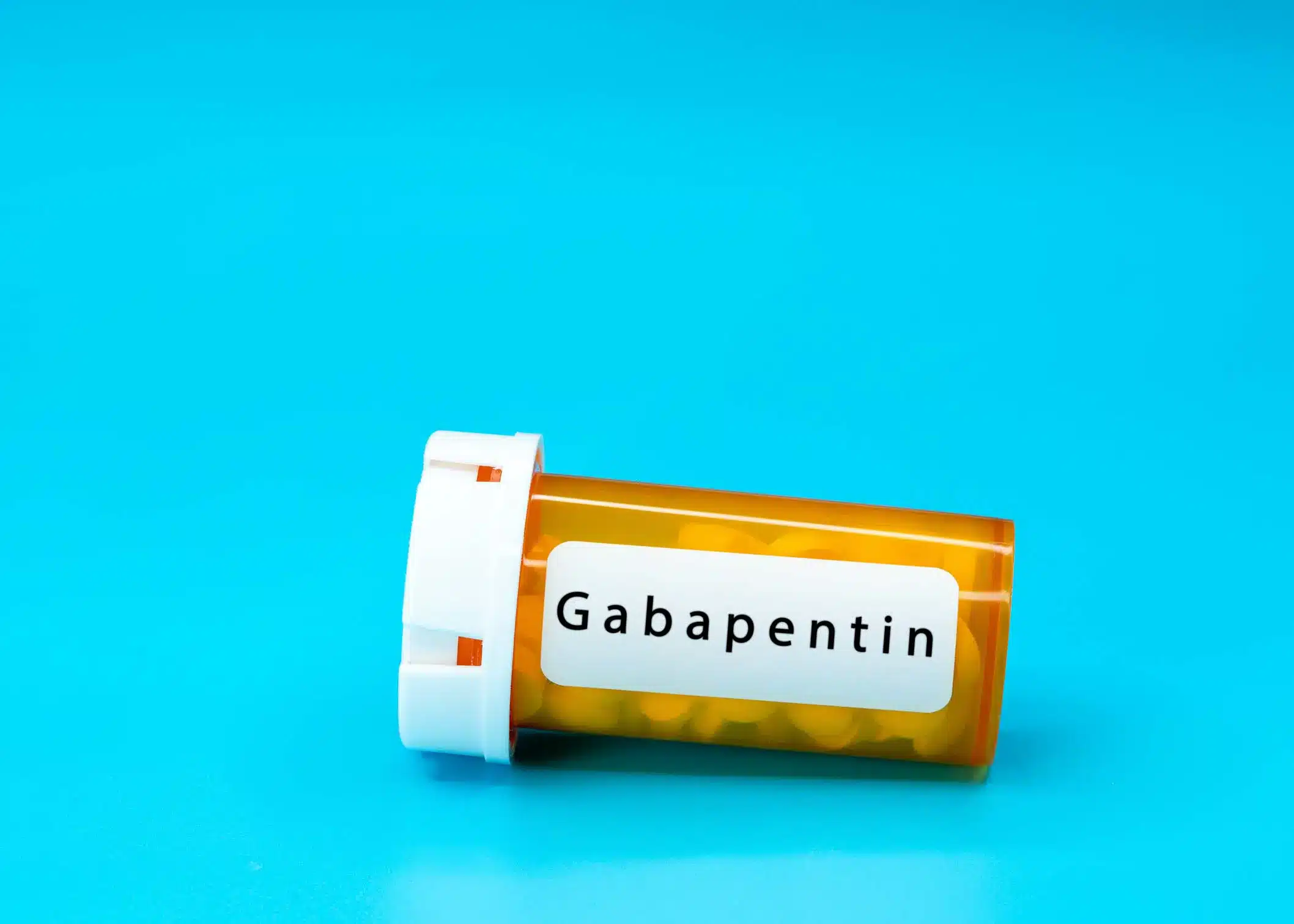
While gabapentin shows potential in alleviating anxiety and depression symptoms, it’s crucial to emphasize the role of psychotherapy as an essential component of mental health treatment.
Therapy, such as cognitive-behavioral therapy (CBT), dialectical behavior therapy (DBT), or talk therapy, allows individuals to address the root causes of their anxiety and depression, develop coping mechanisms, and learn essential skills to manage stress and emotions effectively.
Combining psychotherapy with medication can enhance treatment outcomes by promoting lasting behavioral and emotional changes. Moreover, psychotherapy provides a supportive environment where patients can explore their thoughts and feelings, fostering personal growth and self-awareness.
Patient-Centered Approach and Individualized Treatment
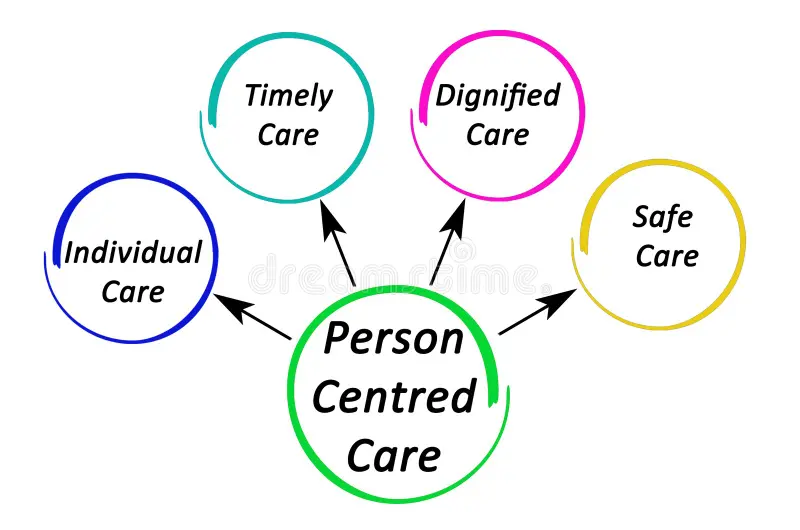
As with any medical treatment, the key to successful anxiety and depression management with gabapentin lies in a patient-centered approach. Each individual’s response to medication may vary, and healthcare providers must adopt a personalized approach when prescribing gabapentin.
Factors such as medical history, current medications, and lifestyle should be carefully considered to ensure optimal treatment outcomes and minimize the risk of adverse effects.
Patients should actively engage in open and honest communication with their healthcare providers regarding their symptoms, medication response, and any concerns they may have.
This collaborative approach fosters a trusting patient-provider relationship, enhancing treatment efficacy and patient satisfaction.
Potential Applications of Gabapentin in Mental Health
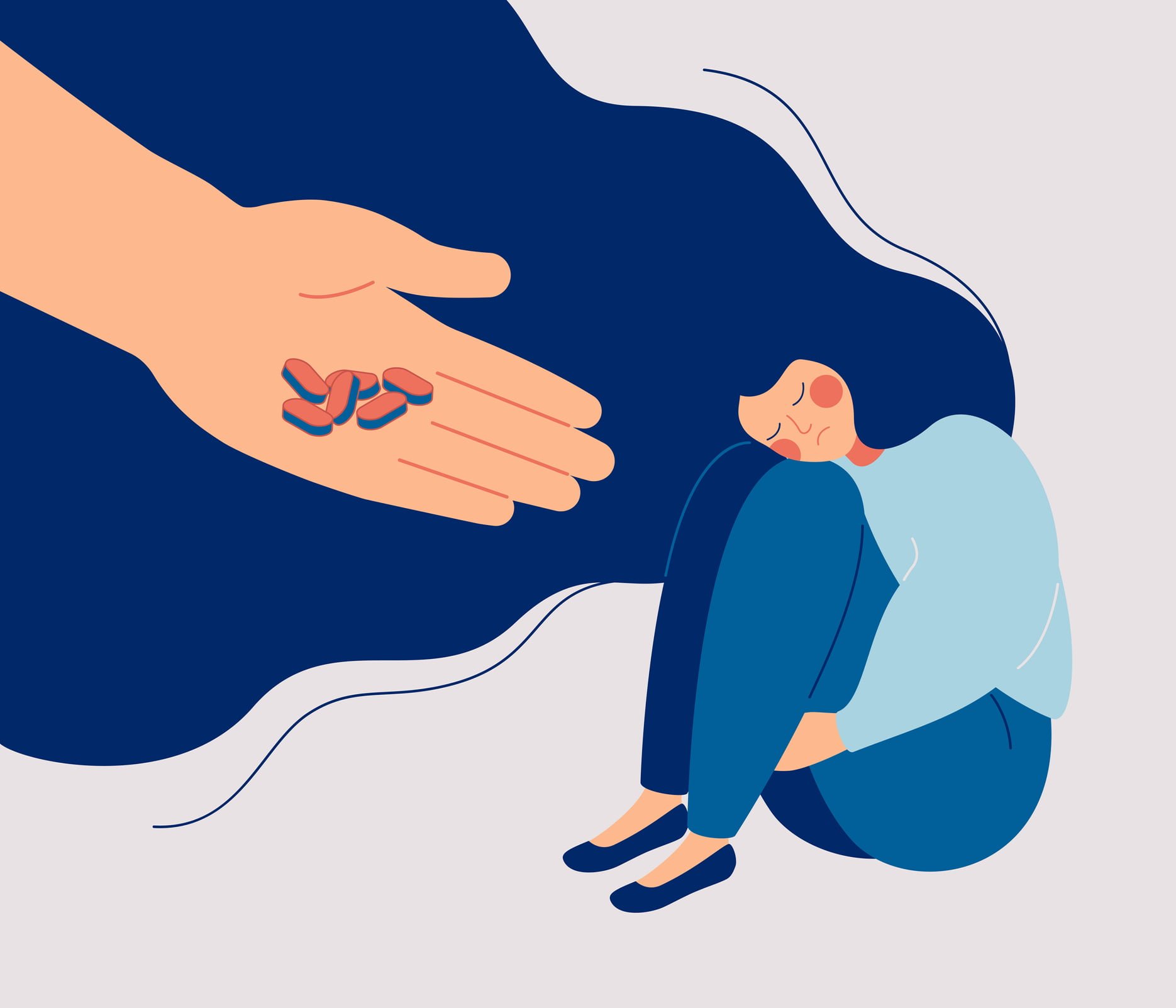
As the field of psychopharmacology continues to advance, the potential applications of gabapentin in mental health may expand further. Ongoing research may uncover additional psychiatric conditions where gabapentin could provide therapeutic benefits.
Its unique mechanism of action and favorable safety profile make it an intriguing option for further exploration.
Furthermore, researchers may investigate gabapentin’s role in managing specific symptoms associated with anxiety and depression, such as sleep disturbances or emotional dysregulation.
By understanding the nuanced effects of gabapentin on different symptom domains, healthcare providers can tailor treatment plans to address each patient’s unique needs comprehensively.
Exploring Gabapentin in Treating Co-Occurring Substance Use Disorders
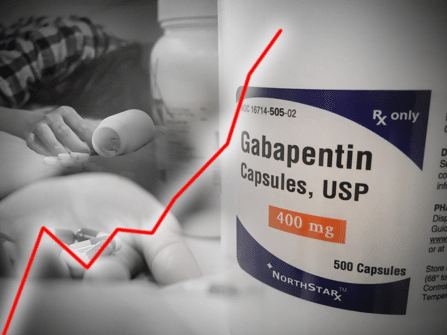
Substance use problems frequently coexist with anxiety and despair, posing a difficult challenge for healthcare providers. According to research, gabapentin may help with both mental health symptoms and substance cravings linked with addiction.
Gabapentin has been studied as a potential therapy option for alcohol withdrawal symptoms in people with alcohol use disorder. It may assist in alleviating the severity of withdrawal symptoms and cravings, making it simpler for people to attain and maintain sobriety.
Furthermore, the anxiolytic effects of gabapentin may aid persons with social anxiety or generalized anxiety disorder, who may be more prone to self-medication with alcohol.
Similarly, for people with opioid use disorder, gabapentin has been performing promisingly well. It helps in alleviating withdrawal symptoms during the detoxification phase.
It can also help mitigate the discomfort associated with opioid withdrawal, subsequently reducing the risk of relapse and, at the same time, supporting people in their journey toward recovery.
Understanding Gabapentin’s Impact on Sleep and Anxiety-Related Sleep Disorders
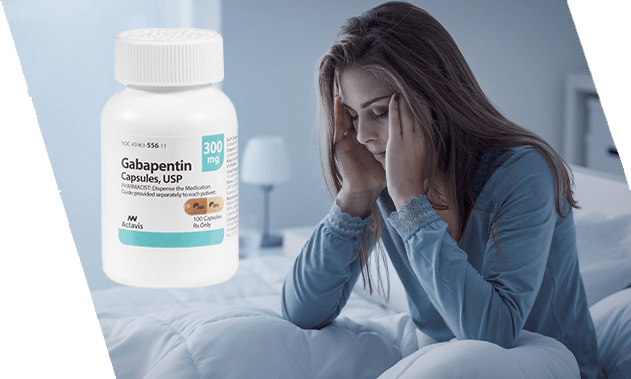
Anxiety and despair are frequently accompanied by sleep disruptions, affecting an individual’s general well-being. The sedative effects of gabapentin may be useful in treating anxiety-related sleep disorders such as insomnia.
Gabapentin may help people fall asleep faster and sleep better by boosting relaxation and lowering anxiety levels.
Gabapentin may also be used to treat restless leg syndrome (RLS), a disorder characterized by an uncontrollable urge to move one’s legs, especially during rest periods.
RLS can drastically disturb sleep patterns, resulting in weariness and worry during the day. The efficacy of gabapentin to relieve RLS symptoms may indirectly enhance overall sleep quality and minimize anxiety-related sleep disruptions.
Gabapentin in Combination Therapy for Complex Mental Health Cases
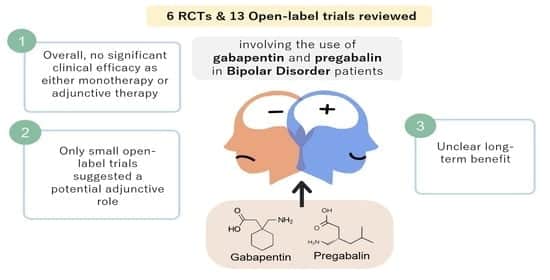
In complex mental health cases where individuals report several overlapping symptoms, healthcare providers may choose gabapentin-based combination therapy.
Providers can construct a complete treatment plan that addresses many aspects of the individual’s mental health by mixing gabapentin with other drugs or treatments.
Gabapentin, for example, may be used in a therapeutic regimen alongside antidepressants and pain management techniques in patients with comorbid anxiety, depression, and neuropathic pain.
This multidimensional approach promotes overall well-being and quality of life by allowing for a more holistic management of the individual’s symptoms.
Considerations for Long-Term Use and Discontinuation
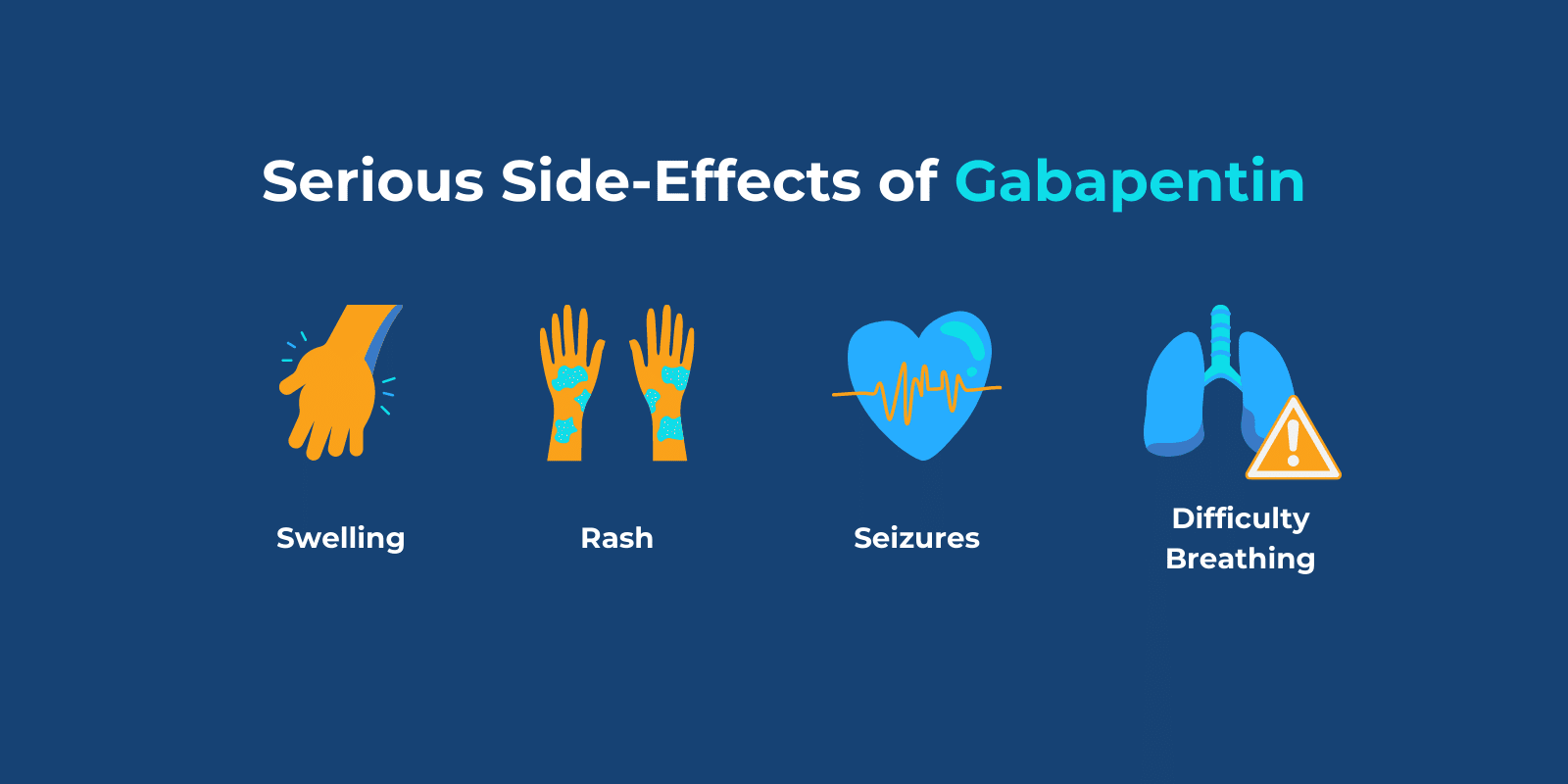
While gabapentin is frequently well tolerated, long-term consequences must be assessed. Individuals may acquire tolerance to the effects of gabapentin over time, necessitating dosage adjustments or alternative treatment methods.
Long-term gabapentin use may also induce physical dependence, making cessation difficult.
To minimize the risk of withdrawal symptoms and ensure a smooth transition to other therapy, gabapentin should always be discontinued under medical care.
Healthcare practitioners can collaborate with patients to create a tapering strategy that progressively reduces gabapentin dosage, allowing the body to acclimatize to changes without experiencing sudden withdrawal symptoms.
Conclusion
Gabapentin’s importance in managing anxiety and depression extends beyond its primary use as an anticonvulsant. Its unique mechanism of action, favorable safety profile, and demonstrated effectiveness in various mental health conditions make it a versatile and valuable addition to the treatment toolkit of healthcare providers.
From its potential role in anxiety and depression management to its application in co-occurring substance use disorders and sleep-related conditions, gabapentin offers hope and relief to individuals navigating the complexities of mental health challenges.
As research continues to unravel the intricacies of gabapentin’s impact on the brain and its therapeutic potential, healthcare providers can refine treatment approaches to optimize patient outcomes.
Through a patient-centered approach, personalized treatment plans, and a focus on holistic well-being, gabapentin can continue to play a vital role in empowering individuals to lead fulfilling and mentally healthy lives.




